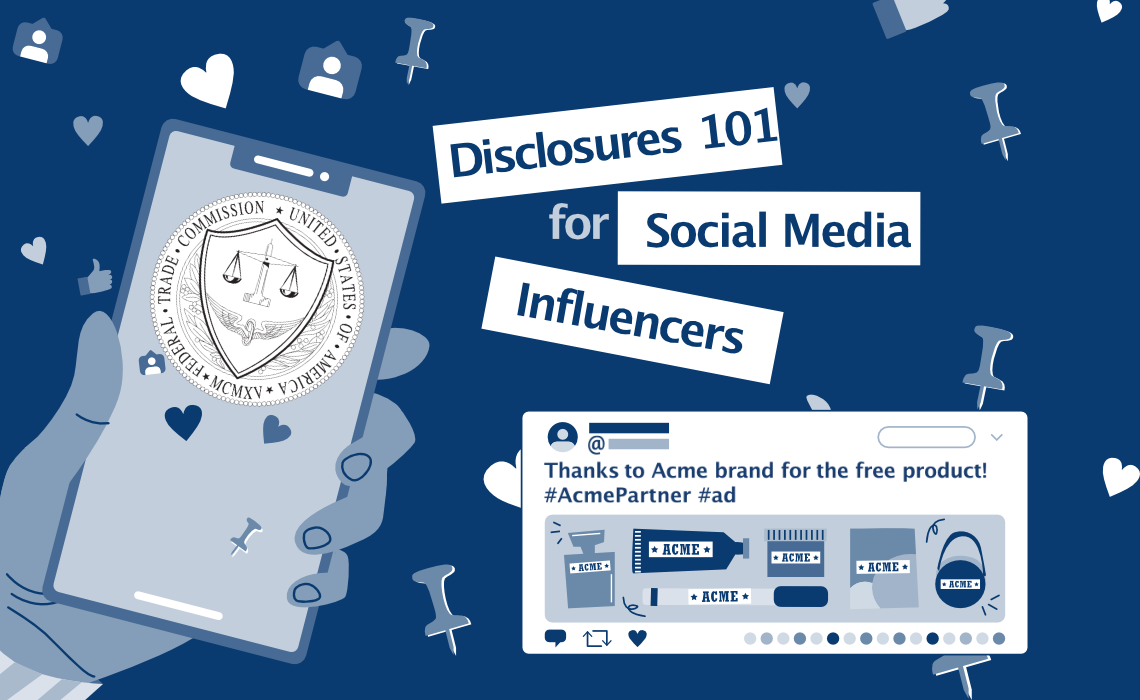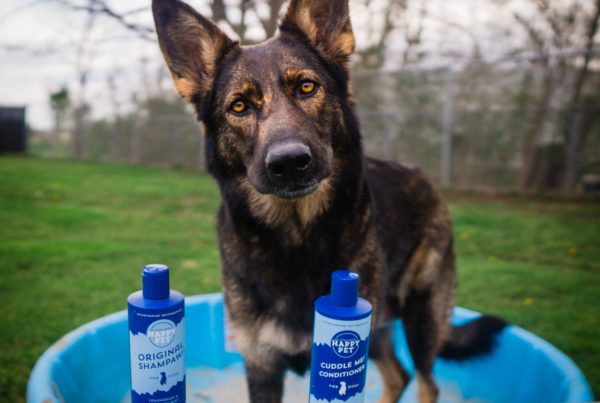Nowadays, it seems like every time I open up Instagram, there are half a dozen new posts about a pet influencer’s experience with some tasty treats or a new fun toy. At the end of these posts, there’s usually a hashtag — #ad or #sponsored — to tell you that you just read an endorsement.
However, this is not enough, according to the Federal Trade Commission.
The FTC put together a guide to demonstrate when and how influencers should disclose ads. As an influencer, it is your responsibility to be transparent with your audience and make these necessary disclosures. These guidelines are in place to protect consumers from deceptive ads. We share our recommendations below on disclosing the partnerships you may form through our website as a Pupfluencer.
Follow these recommendations to comply with the FTC on proper disclosures:
- Disclosing by using hashtags such as #ad or #sponsored in the main part of your caption (where someone wouldn’t have to click to read more) is enough, but not when the disclosure is mixed within a group of hashtags or links or placed at the end of your post.
- Instead of using hashtags, you can disclose that you received the product for free in exchange of a post (“Thanks to @brand for gifting me this product!“).
- Built-in platform disclosures like Instagram’s paid partnership feature don’t always meet the FTC’s requirements. Play it safe and disclose in the caption as well by one of the two methods above.
Take one last (and optional) step:
- Using Instagram’s paid partnership feature, tag @pupfluence as a business partner on your post. We choose several posts each month to boost, which will help your post reach and be seen by more people.
How to Disclose
While each social media platform is different, the goal remains the same: Disclosures should be conspicuous, simple and clear. Consumers should have no issues understanding the disclosure. Disclosures should be included within the endorsement itself and be placed so they are unavoidable. Disclosures are likely to be missed if they appear at the end of posts or videos or anywhere that requires someone to click MORE. Disclosures should be in the same language as the endorsement.
Reliance solely on the social media platform’s disclosure tool is neither sufficient nor a defense to a violation of consumer protection laws. Influencers and brands are encouraged to review the FTC’s publication, as it includes practical examples for various social media platforms.
Still Need Help?
While compliant disclosures vary based on the social media platform as well as the facts and circumstances of the promotional communications, please refer to our suggestions above or contact us should you have any additional questions or concerns regarding disclosures.







